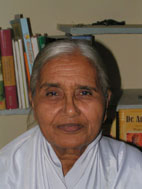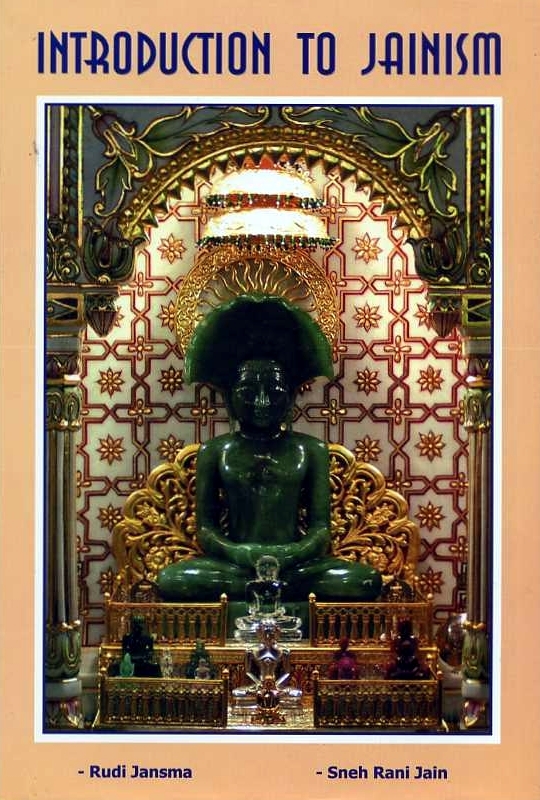The differences in influx are among other things due to differences in the intensity of the desire or thought-activity one has, and whether an action is done intentionally or unintentionally.
As summed up in the Tattvārthadhigama Sūtra the inflow of obscuring karmic matter which will obscure our knowledge and perception is caused by depreciation of learned and spiritual people, by concealing knowledge for others, by envy, jealousy, or refusal to impart knowledge out of envy, by obstruction, i.e. hindering the progress of knowledge; by denying - both through body language and speech - the truth proclaimed by someone else, and by refuting or denying what one knows to be true. In other words, the result of doing these things will be that - in a future birth when we have a new body adjusted to those particular karmas which must bear fruit, or even in the present body - we will be mentally or perceptually less than optimal or even disabled.
The inflow of the karmas which are experienced as pain is due to pain itself, to sorrow, to repentance or remorse, to weeping, to depriving other beings or people of vitality, and also due to piteous or pathetic moaning to attract compassion.
The inflow of karmic matter which will result in pleasant experiences is due in the first place to compassion for all living beings, then of compassion for all who have taken vows (such as monks and nuns, who may undergo suffering in maintaining such vows), to charity, to self-control with only slight attachment; to restraint by vows of some but not all passions, equanimous submission to the fruition of karmas, - which means accepting what one gets without complaining or pride, of austerities which are not based upon right knowledge (because otherwise no new karma will be attracted at all), to contemplation, forgiveness and contentment.
The inflow of right-belief-deluding karmic matter is caused by defaming omniscient persons, the scriptures, the brotherhood of saints, religion and celestial beings.
The inflow of karmic matter, which wrongly influences our right conduct, is caused by the intense thought activity aroused by the passions.
The inflow of hellish karma, i.e. that which causes (temporary but perhaps very long-lasting) unpleasant states of consciousness and visions after death, is caused by too much worldly activity and by attachment to too many worldly objects or attachments in general, leading to severe anger and enmity.
The inflow of karmas, which bring about subhuman births, i.e. cause the soul to incarnate one or more times as an animal or lower being, is caused by deceit.
The inflow of karmas, which bring about rebirth as a human is caused by slight worldly activity, and by attachment to a minimum of worldly objects or only slight attachment in general. A natural humble disposition along with kindness, mercy, compassion and care for all are also causes of birth as a human. I think this applies to most of us.
The inflow of karmas that result in the soul being born as a celestial being is caused by self-control with the least attachment - which is supposed to be found in monks only, by restraint by vows of some but not all passions, found in laymen only, by equanimous acceptance of the fruition of karma, whether pleasant or otherwise, or by austerities not based upon right knowledge. Right belief is also the cause of celestial age karma (only of the heavenly order). Facing death with equanimity while undergoing austerities - known as sallekhana - also creates the merit of celestial birth. Remember that celestial existence, like hellish existence, is only temporary, long lasting though it may be. It is still a state caused by illusion and subtle attachments. All beings that are not yet fully liberated take part in the great cycle of rebirth. As beings in hell or heaven we have bodies, but not physical bodies. After that we may again take on a physical body in accordance with other karmas that have to bear fruit.
The inflow of karmas that lead to physical impediments is caused by allowing the workings of the mind, body or speech to be non-straightforward or deceitful, by wrangling, etc.
Good-body-making karma is due to the opposite of the above, and is attracted by anyone who is straightforward in body, mind and speech, who avoids disputes, etc., by those who have right belief, are humble and feel genuine admiration or respect for praiseworthy people etc.
The inflow of Tīrthamkara karma, the karma which leads one to become one of the rare Tīrthamkaras, is caused by meditation on the purity of right belief which is free from doubt, from worldly desire, from repulsion, from superstition, from a tendency to proclaim the faults of others, and such meditation which is directed toward helping oneself or others to remain steady on the path of truth, having tender affection for one’s brothers on the path of liberation, and which is being used for propagation of the path of liberation. One should also have reverence for the means to liberation and for those who follow them, and faultlessly observe the five vows and subdue all passions. Right knowledge should be pursued ceaselessly. One should constantly be aware of mundane miseries, sacrifice for others according to one’s capacity, practice austerities according to one’s capacity, protect and reassure the saints or remove their troubles, serve the meritorious, show devotion to arhats or omniscient lords, to āchāryas or heads of the orders of saints, and to scriptures, and not neglecting one’s daily duties.
The inflow of low-family-determining karma is caused by speaking ill of others, by praising oneself, concealing the good qualities of others, and by proclaiming in oneself good qualities, which one does not have.
The inflow of high-family-determining karma is caused by the opposite of the above, namely by praising others, denouncing oneself, proclaiming the good qualities of others and not proclaiming one’s own, by an attitude of humility toward one’s superiors, and finally by not being proud of one’s own achievements or attainments.
The inflow of obstructive karma is caused by disturbing others in charity; by gain, and enjoyment and by misusing one’s powers (cf. Tattvārthadhigama Sūtra VI 6-27).
 Dr. Sneh Rani Jain
Dr. Sneh Rani Jain
 Publisher:
Publisher: